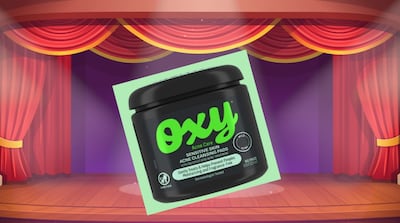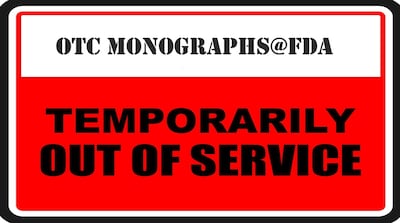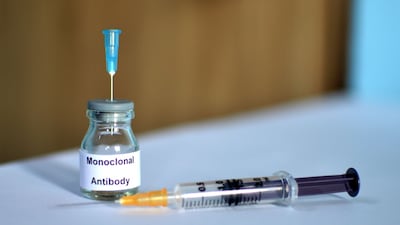Drug Approval Standards
With the deadline for comments on the US FDA’s draft guidance less than a month away, the Pink Sheet offers an infographic outlining what the agency is expecting in diversity action plans and when that might be implemented.
Brazil has also published its recent regulatory reliance regulations in English, a move designed to increase confidence in its decisions as it presses on with aligning its national practices with global best practices.
Conflicted experts should be allowed to participate as nonvoting members and panels should take a benefit-risk vote on product-specific applications, the majority of respondents said in a survey conducted by 3D Communications.
Height of plaintiff attorney’s argument to present evidence which would prompt speculation by a jury was request to parse research by Kenvue’s lead expert, who coordinated the International Consensus Statement on ADHD by the World Federation of ADHD, where he’s president.
TMB-001, a topical formulation of isotretinoin, missed its primary endpoint in the ASCEND study and will not be filed for approval. Leo is turning its attention to hand eczema and dealmaking.
Mentholatum says two line extensions made with 2% salicylic acid and its "Oxy for Every Kind of Ne" campaign reinforce the brand’s “commitment to tackling every type of acne—from face-ne and chin-ne to body-ne.”
An extension of the pivotal study backing Zepbound (tirzepatide)’s approval for obesity demonstrated 94% risk reduction for type 2 diabetes as well as sustained weight loss over three years.
Even as US FDA expressed concern about the perioperative trial design, AstraZeneca’s ability to snag NSCLC indication without demonstrating the benefits of both the neoadjuvant and adjuvant phases of therapy highlights slow pace of agency policy shifts.
An option fee from potential program acquirer TuHura has enabled Kineta to resume enrolling a Phase I/II study of a VISTA-targeted antibody that the company thinks has best-in-class potential.
The 9 September meeting on Iterum Therapeutics' oral sulopenem product for uncomplicated urinary tract infections marks the first fully in-person advisory committee drug review since the COVID-19 pandemic hit in early 2020.
Request to recall eye drops should be fulfilled promptly and businesses providing lip balms as promotional products must verify contract manufacturers are compliant, recent FDA warnings states. Additional letters went to Jordanian firm about testing alcohol for methane and to a Chinese firm advised that compliance with China’s quality control standards isn’t sufficient.
With monographs@FDA portal down, agency moves to NextGen and extends comment period through 27 September for first OTC monograph change it proposed using its overhauled program other than 32 monographs finalizations required in 2020 legislation authorizing overhaul.
Putative class-action complaint alleging false advertising for Tylenol Rapid Release gelcaps recently dismissed on J&J Consumer’s motion arguing that federal preemption prohibits requiring different or additional labeling for drugs available under FDA OTC monograph.
The agency’s final guidance retains a draft recommendation for a randomized, parallel dose-response trial when comparing multiple dosages, but is more forceful in wanting sponsors to talk to the FDA early if they want advice tailored to their development programs.
AstraZeneca’s Imfinzi lung cancer advisory panel, which offered insight into why sponsors do not always follow agency advice, likely is a preview of the hurdle facing Bristol Myers Squibb’s Opdivo application for the same indication.
The Oncologic Drugs Advisory Committee urged the FDA not to delay Imfiniz’s perioperative NSCLC indication, while also unanimously pushing for better trial designs in lung cancer and all resectable tumors.
Publication of final guidance for industry on submitting change proposals and other requests using the only accepted format, electronic, leaves agency at four of the five required guidances it has provided on compliance with requirements of its streamlined OTC monograph process.
The FDA’s experience with product-specific guidances for generic drugs may impact biosimilar industry decision-making, but the program has improved in recent years.
Relyvrio/Albrioza, Amylyx’s ill-fated treatment for amyotrophic lateral sclerosis, was approved for marketing by the US Food and Drug Administration but rejected by the European Medicines Agency. The Pink Sheet explores how the two agencies applied the available regulatory flexibilities and the impact of other factors, such as regulatory precedence and patient influence, on decision-making.
The Oncologic Drugs Advisory Committee will vote on a product agnostic question related to perioperative trial designs during a 25 July meeting after discussing whether AstraZeneca needs an additional trial for its Imfinzi perioperative regimen in non-small cell lung cancer.
ADVERTISEMENT



















